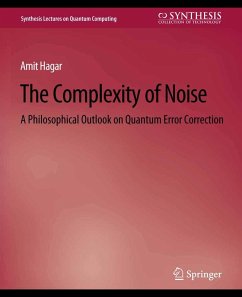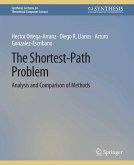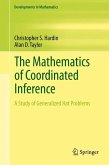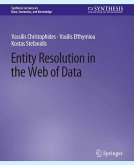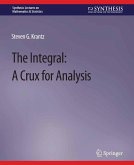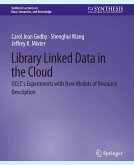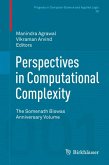In quantum computing, where algorithms exist that can solve computational problems more efficiently than any known classical algorithms, the elimination of errors that result from external disturbances or from imperfect gates has become the "holy grail", and a worldwide quest for a large scale fault-tolerant, and computationally superior, quantum computer is currently taking place. Optimists rely on the premise that, under a certain threshold of errors, an arbitrary long fault-tolerant quantum computation can be achieved with only moderate (i.e., at most polynomial) overhead in computational cost. Pessimists, on the other hand, object that there are in principle (as opposed to merely technological) reasons why such machines are still inexistent, and that no matter what gadgets are used, large scale quantum computers will never be computationally superior to classical ones. Lacking a complete empirical characterization of quantum noise, the debate on the physical possibility of such machines invites philosophical scrutiny. Making this debate more precise by suggesting a novel statistical mechanical perspective thereof is the goal of this project. Table of Contents: Introduction / The Curse of the Open System / To Balance a Pencil on Its Tip / Universality at All Cost / Coda
Dieser Download kann aus rechtlichen Gründen nur mit Rechnungsadresse in A, B, BG, CY, CZ, D, DK, EW, E, FIN, F, GR, HR, H, IRL, I, LT, L, LR, M, NL, PL, P, R, S, SLO, SK ausgeliefert werden.

